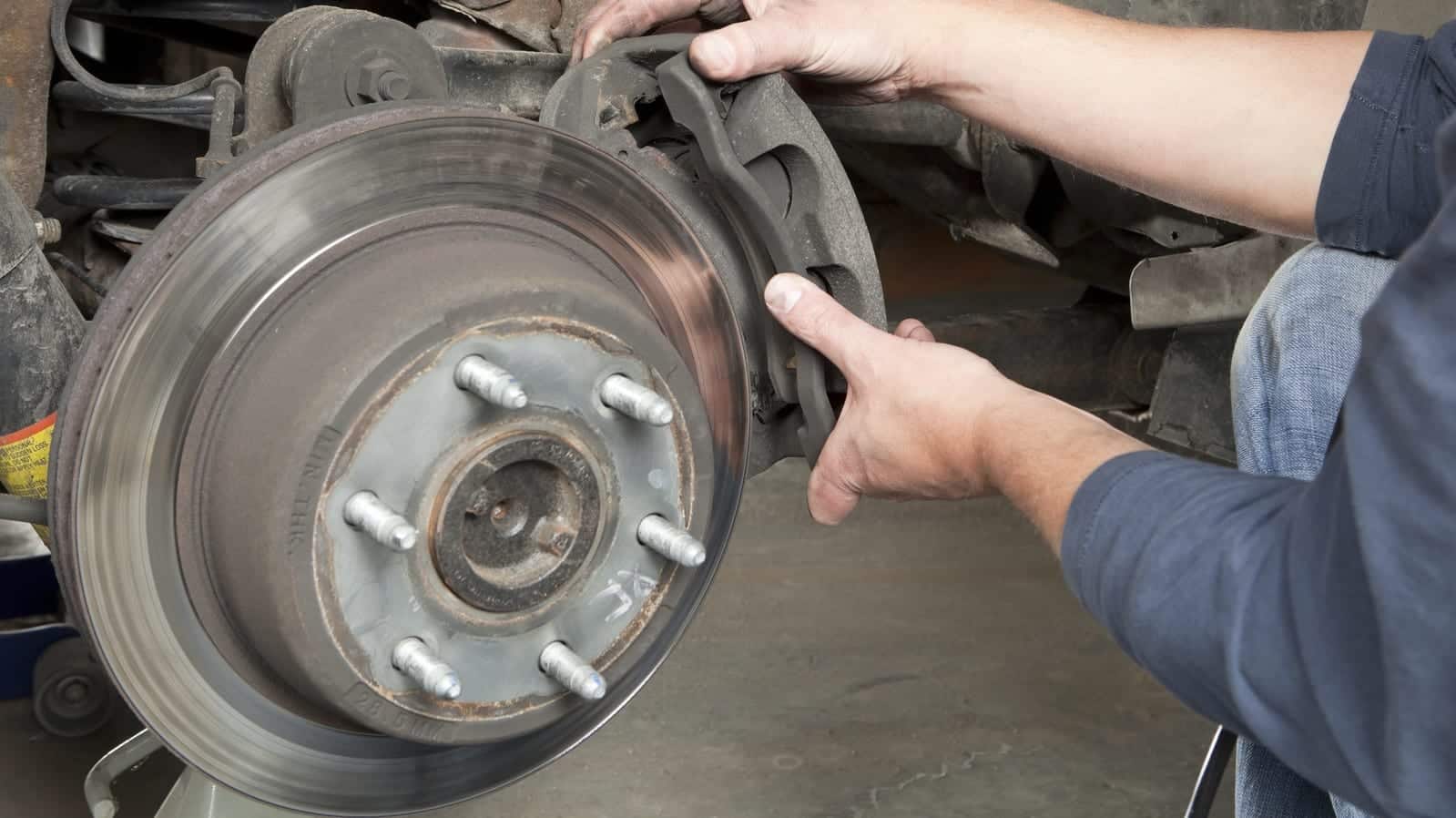Trucking accidents can be devastating for all parties involved. Based on the sheer size and weight of the trucks, these accidents can be far more dangerous than a typical passenger vehicle collision. Although accidents can result from a wide range of causes, the most common reason for trucking accidents is brake failure.
Because the potential list of at-fault parties is so large, filing a personal injury claim after a trucking accident can be extremely difficult. Read on to see a list of potential causes, who is at fault and what to do if you have been involved in a truck accident caused by brake failure.
Wrecks Caused by Faulty Manufacturing
Brake problems in a truck can be caused by a number of factors, starting with the design. Even though truck brakes go through a rigorous design and testing process, a minor design flaw can result in brake failures that result in major accidents that cause untold mental pain and anguish.
Following your trucking accident, it’s important that you gather as much information as possible about the brakes manufacturer, paying close attention to any history of recalls or noted design errors. While suits involving manufacturers can be difficult, it’s possible that you will get a larger settlement.
Cases Where the Truck Driver is at Fault
Most commonly, the person at fault in a trucking accident involving brake failure is the truck driver himself. Some truck drivers, in order to increase the lifespan of their tires, intentionally reduce the power to their front brakes, which can cause them to fail in the event of a highway accident.
Additionally, like all automotive parts, the brakes on a truck need to be properly maintained in order to function at their highest level. If the driver in your accident has not engaged in regular maintenance, then they are most likely legally at fault for your wreck, providing you the opportunity to bring a personal injury lawsuit.
What to do in Case of a Truck Accident Caused by Brake Failure
As previously stated, trucking accidents caused by faulty brakes can be horrific. There are a lot of people and/or companies who can be found at fault. Because of this, these cases may be tied up in litigation for months or years, until the courts and investigators can determine which party or parties are culpable.
In the case of an accident involving brake failures to get started on the personal injury claim at once. Delaying filing your claim can make it harder to win your case, possibly preventing you from getting the compensation you need to move on with your life. Before making any legal decisions, make sure to consult a truck accident lawyer.
Truck Accident Lawyers at the McMahan Law Firm
At the McMahan Law Firm, we specialize in personal injury law of all kinds, including truck accidents. Our lawyers have the expertise and experience to handle these claims inside and outside of the courtroom.
If you or your loved one has been involved in a trucking accident caused by faulty brakes, contact The Insiders at McMahan Law Firm to speak to a truck accident lawyer as soon as possible.









